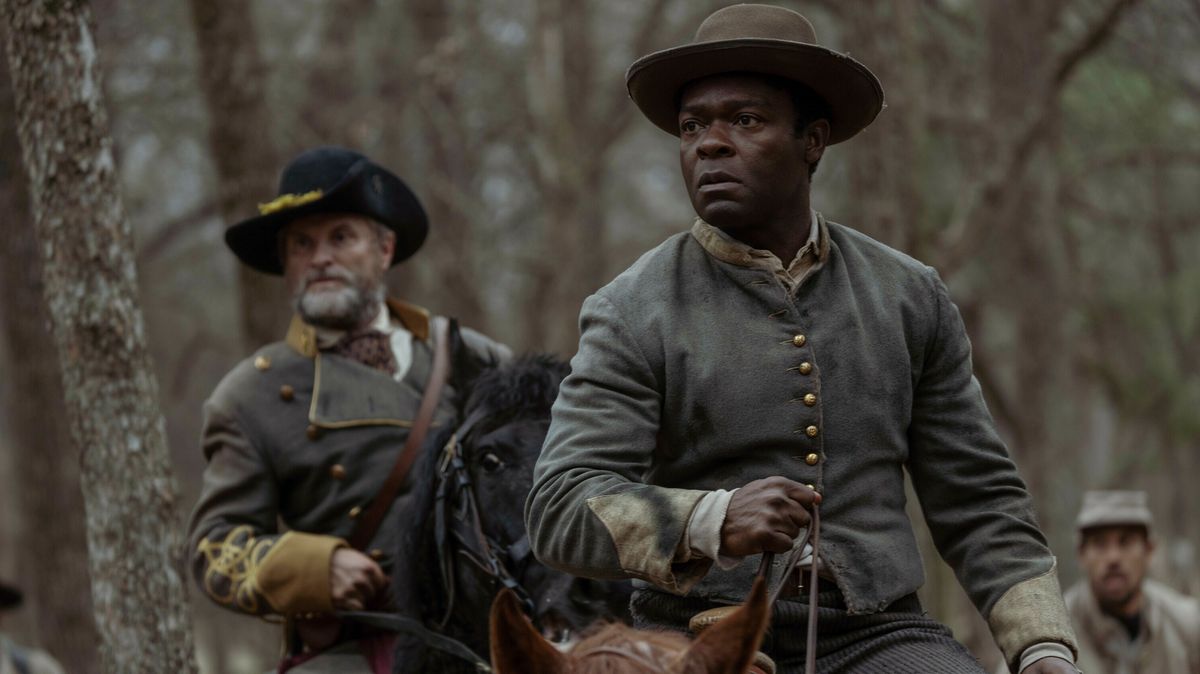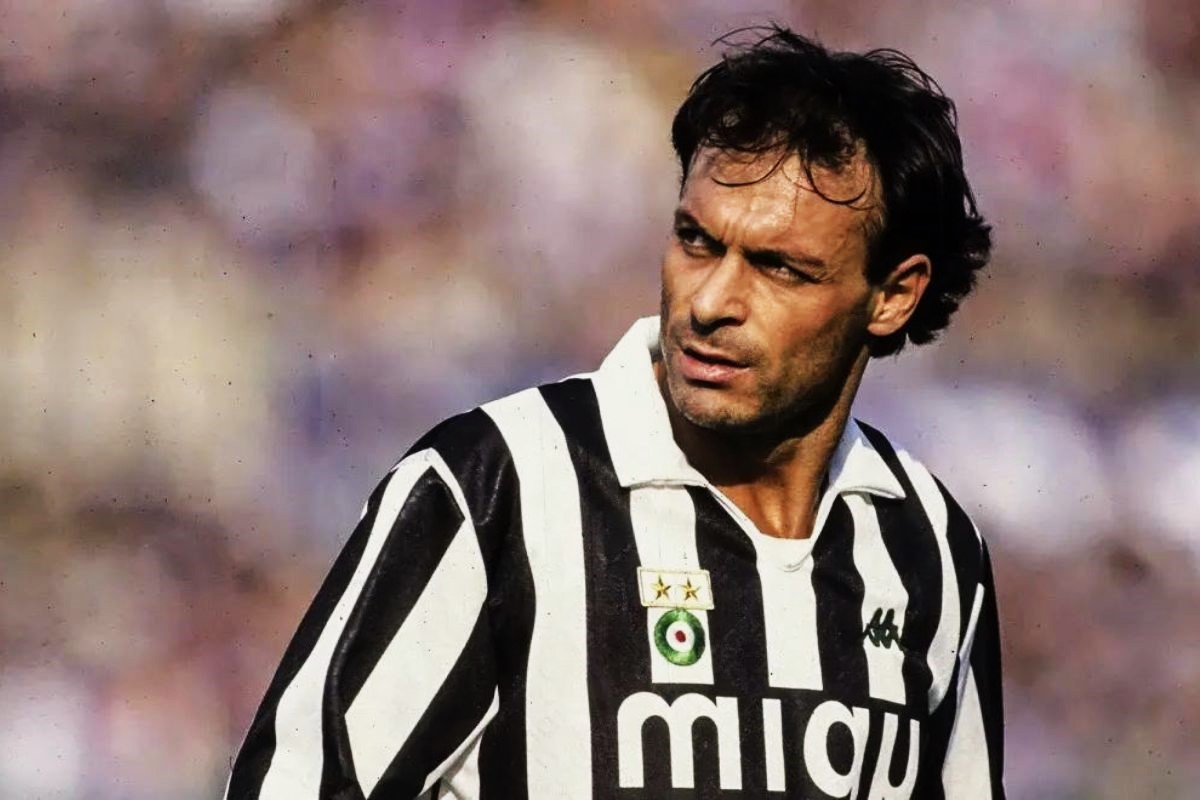
Did you know that Black cowboys played a significant role in shaping the Wild West? Often overlooked in history books, these brave men and women contributed immensely to the development of the American frontier. From skilled cattle wranglers to fearless lawmen, their stories are filled with courage, resilience, and adventure. This blog post will shine a light on 35 fascinating facts about Black Wild West heroes, revealing their true impact on the Old West. Get ready to learn about legends like Nat Love, Bass Reeves, and Mary Fields, who defied the odds and left an indelible mark on history. Buckle up for a journey through time that celebrates the unsung heroes of the Wild West!
Key Takeaways:
- Black cowboys, lawmen, and women made significant contributions to the Wild West, shaping its culture and history. Their stories of resilience and determination continue to inspire and are essential to American history.
- Despite facing discrimination, Black cowboys and ranchers overcame adversity, leaving a lasting impact on the Wild West. Their legacy is increasingly recognized and celebrated, ensuring their stories are remembered and honored.
Black Cowboys in the Wild West
The Wild West wasn't just about cowboys with white hats and outlaws with black ones. Black cowboys played a significant role in shaping the American frontier. Here are some fascinating facts about these unsung heroes.
-
One in four cowboys was Black. Many people don't realize that about 25% of cowboys were African American. They worked as ranch hands, trail drivers, and rodeo performers.
-
Nat Love, also known as "Deadwood Dick," was a famous Black cowboy. Born into slavery, Love became a legendary figure in the West, known for his skills in roping, riding, and shooting.
-
Bill Pickett invented "bulldogging." This rodeo technique, where a cowboy wrestles a steer to the ground, was created by Pickett, who became a star performer in Wild West shows.
Lawmen and Outlaws
Black men in the Wild West weren't just cowboys; they also served as lawmen and, occasionally, outlaws. Their stories add depth to the history of the American frontier.
-
Bass Reeves was one of the first Black deputy U.S. marshals. Reeves arrested over 3,000 outlaws during his career and was known for his exceptional detective skills.
-
Cherokee Bill was a notorious outlaw. Born Crawford Goldsby, Cherokee Bill became infamous for his crimes, which included robbery and murder, before being captured and executed.
-
Isom Dart was a cattle rustler turned rancher. Dart, originally a slave, became a well-known figure in the West, both for his criminal activities and later for his efforts to go straight.
Black Women in the Wild West
Black women also made their mark on the Wild West, often overcoming significant obstacles to do so. Their contributions are just as important as those of their male counterparts.
-
Mary Fields, also known as "Stagecoach Mary," was the first African American woman to work for the U.S. Postal Service. Fields was known for her toughness and reliability, delivering mail in Montana.
-
Biddy Mason was a former slave who became a wealthy landowner. After gaining her freedom, Mason moved to Los Angeles, where she amassed a fortune in real estate and became a philanthropist.
-
Clara Brown was a former slave who became a community leader. Brown moved to Colorado during the Gold Rush and used her wealth to help other former slaves settle in the area.
Contributions to Western Culture
Black heroes of the Wild West contributed significantly to the culture and development of the American frontier. Their legacies live on in various ways.
-
Black cowboys influenced Western music. The songs and stories of Black cowboys contributed to the development of country and Western music.
-
Buffalo Soldiers were Black cavalry and infantry troops. These soldiers played a crucial role in the Indian Wars and the protection of settlers.
-
Black rodeo performers helped popularize the sport. Many Black cowboys participated in early rodeos, showcasing their skills and helping to establish rodeo as a popular American pastime.
Overcoming Adversity
Despite facing significant challenges, Black heroes of the Wild West persevered and made lasting impacts. Their stories are a testament to their resilience and determination.
-
Many Black cowboys faced discrimination. Despite their skills and contributions, Black cowboys often had to deal with racism and segregation.
-
Black settlers established thriving communities. Towns like Nicodemus, Kansas, were founded by African American settlers seeking a better life in the West.
-
Black soldiers faced prejudice within the military. Despite their bravery and service, Buffalo Soldiers often had to contend with racism from their fellow soldiers and superiors.
Legacy and Recognition
The contributions of Black heroes in the Wild West are increasingly being recognized and celebrated. Their stories are an essential part of American history.
-
The National Cowboy & Western Heritage Museum honors Black cowboys. The museum includes exhibits and programs that highlight the contributions of African American cowboys.
-
Books and movies are telling their stories. Works like "The Life and Adventures of Nat Love" and films like "The Harder They Fall" bring the stories of Black Wild West heroes to a wider audience.
-
Black rodeo associations keep the tradition alive. Organizations like the Bill Pickett Invitational Rodeo celebrate the legacy of Black cowboys and promote their contributions to the sport.
Famous Black Cowboys
Some Black cowboys became legends in their own right, their names synonymous with the Wild West. Their stories continue to inspire and captivate.
-
Ben Hodges was a well-known trail driver. Hodges led cattle drives across the West, earning a reputation for his leadership and skill.
-
George McJunkin was a cowboy and amateur archaeologist. McJunkin discovered the Folsom site, which provided crucial evidence about early human inhabitants in North America.
-
Jim Beckwourth was a mountain man and explorer. Beckwourth, born into slavery, became a renowned trapper, trader, and guide, exploring much of the American West.
Unsung Heroes
Many Black heroes of the Wild West remain lesser-known, but their contributions were no less significant. These individuals played vital roles in the development of the frontier.
-
John Ware was a Canadian cowboy of African descent. Ware became a legendary figure in Alberta, known for his ranching skills and contributions to the cattle industry.
-
James Pierson Beckwourth was a frontiersman and scout. Beckwourth's adventures took him across the West, where he played a key role in the exploration and settlement of the region.
-
Bill Richmond was a boxer and trainer. Richmond, a former slave, became a successful boxer and later trained other fighters, contributing to the sport's development.
Black Cowboys in Popular Culture
The legacy of Black cowboys continues to influence popular culture, from literature to film and beyond. Their stories resonate with audiences today.
-
The character of Woody Strode in "The Man Who Shot Liberty Valance" was inspired by Black cowboys. Strode, an actor and former football player, brought the spirit of Black cowboys to the screen.
-
The TV show "The Adventures of Brisco County, Jr." featured a Black cowboy character. Lord Bowler, played by Julius Carry, was a bounty hunter and ally of the main character.
-
The comic book series "Loveless" includes Black cowboy characters. This series, set in the post-Civil War era, explores the lives of Black cowboys and their struggles.
Black Cowboys in Rodeo
Black cowboys have made significant contributions to the sport of rodeo, both in its early days and today. Their skills and determination helped shape the sport.
-
Freddie "Skeet" Brown was a champion bull rider. Brown competed in rodeos across the country, earning numerous titles and accolades.
-
Myrtis Dightman was the first Black cowboy to compete in the National Finals Rodeo. Dightman's success paved the way for future generations of Black rodeo performers.
-
Charlie Sampson was the first Black cowboy to win a world championship in rodeo. Sampson's victory in bull riding in 1982 was a historic moment for the sport.
Black Cowboys and Ranching
Black cowboys were also successful ranchers, contributing to the development of the cattle industry in the West. Their hard work and expertise helped shape the landscape.
-
Daniel Webster "80 John" Wallace was a successful rancher. Wallace, a former slave, built a prosperous ranching operation in Texas, becoming a respected figure in the industry.
-
George Glenn was a prominent rancher in Wyoming. Glenn's ranching skills and business acumen helped him build a successful operation, contributing to the local economy.
-
William "Bill" Pickett's family continued his ranching legacy. Pickett's descendants carried on his work, maintaining the family's ranching tradition and honoring his contributions to the industry.
Black Cowboys and the Civil Rights Movement
The legacy of Black cowboys also intersects with the Civil Rights Movement, as their stories of resilience and determination continue to inspire.
-
Black cowboys participated in Civil Rights protests. Some Black cowboys used their platform to advocate for equality and justice, joining marches and demonstrations.
-
The legacy of Black cowboys is celebrated during Black History Month. Events and programs across the country highlight the contributions of Black cowboys, ensuring their stories are remembered and honored.
Celebrating Unsung Heroes
Black Wild West heroes played crucial roles in shaping the American frontier. Figures like Bass Reeves, one of the first Black deputy U.S. marshals, and Nat Love, a legendary cowboy, showed immense bravery and skill. These individuals often faced harsh discrimination yet still made significant contributions. Their stories challenge the traditional narrative of the Wild West, highlighting a diverse and complex history.
By recognizing these heroes, we honor their legacy and ensure their stories aren't forgotten. Their courage, resilience, and determination continue to inspire. Next time you think of the Wild West, remember the Black cowboys, lawmen, and pioneers who helped build it. Their impact is undeniable, and their stories deserve to be told. Let's celebrate these unsung heroes and give them the recognition they've long deserved.
Frequently Asked Questions
Was this page helpful?
Our commitment to delivering trustworthy and engaging content is at the heart of what we do. Each fact on our site is contributed by real users like you, bringing a wealth of diverse insights and information. To ensure the highest standards of accuracy and reliability, our dedicated editors meticulously review each submission. This process guarantees that the facts we share are not only fascinating but also credible. Trust in our commitment to quality and authenticity as you explore and learn with us.


